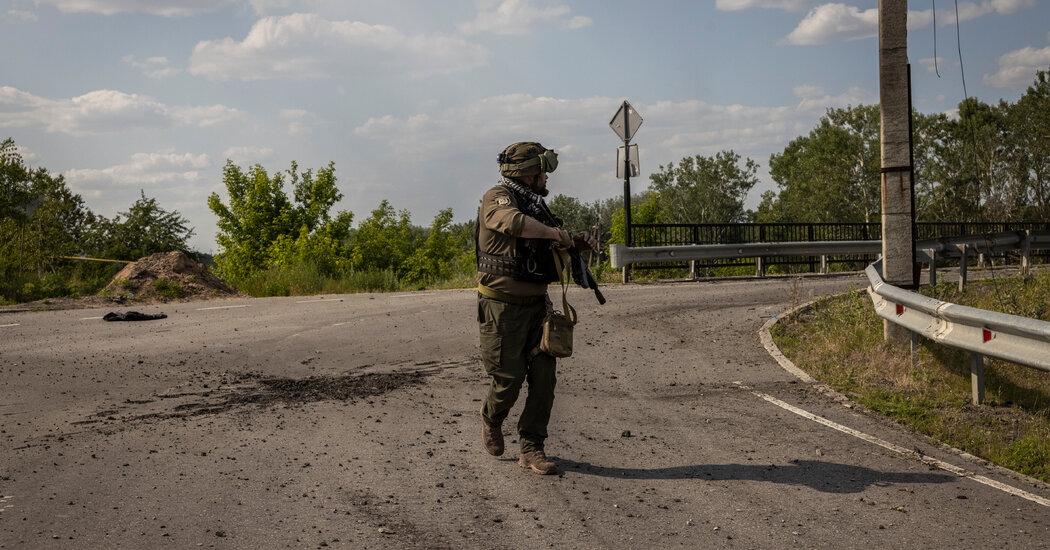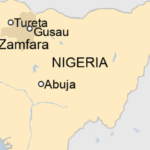
BRUSSELS — Ukraine’s European allies are facing questions of both tactical and political importance as bloody battles in the country’s east grind on and tilt in Russia’s favor.
On the tactical front, NATO allies, and especially those in Ukraine’s vicinity, face the challenge of having tapped their own supplies to support the war effort, leaving them with depleted arsenals.
And on the political front, the question of whether the European Union will take the leap to grant Ukraine candidate status for the bloc will need to be answered before the end of the month.
The realities on the battlefield, as Ukrainian officials assess that Russia could fully encircle the eastern city of Sievierodonetsk in the Donbas region in the next two to three days, will likely influence both the decision on how to replenish arsenals and send in ammunition as well as the decision to offer Ukraine hope by granting it E.U. candidate status, even if technically it’s not ready for it.
“There was always a sense that, when the center of gravity shifted to the south and east, there would be the potential for greater Russian gains based on greater mass and their existing territorial acquisitions,” said Ian Lesser, a former State Department official who heads the Brussels office of the German Marshall Fund.
“But it does raise more serious longer-term questions about the nature of the conflict, Ukraine’s aims and Western aims in relation to those,” he added.
He said that accelerating the provision of longer-range weapons per Ukrainian pleas, as well as the requisite training for Ukrainian troops to operate them, would help the country hold down the front.
But several E.U. member countries are fretting that they have sent too much of their ammunition supplies to Ukraine and are lagging behind in restocking their arsenals. The primarily free-trade bloc, for which foreign policy and defense are not integrated, is rallying to source supplies.
E.U. officials said that the bloc would try to tap a 9 billion euro ($9.5 billion) funding pot to jointly procure military equipment, flexing a nascent muscle and trying to ease concerns that supporting Ukraine militarily was dangerously weakening defense capabilities elsewhere in Europe.
But the more strategic question of whether to grant Ukraine candidate status later this month is also a pressing matter for the country’s European allies.
On a visit to Kyiv on Saturday, President Ursula von der Leyen of the European Commission said her administration would provide an opinion on whether the European Union should grant candidate status to Ukraine by the end of the week. However, the decision is ultimately a political one that E.U. leaders will be called to make at their summit on June 23 and 24 in Brussels.
After gaining candidate status, it takes most countries at least a decade of reforms and negotiations to become full E.U. members. Should Ukraine get the green light later this month, its road forward is likely to be long and hard given its dire situation and issues with corruption and governance before the war.
It would still send a powerful message, experts say.
“Whatever the territorial reality on the ground, having that deepening prospect of Euroatlantic integration for Ukraine is very meaningful,” Mr. Lesser said. “And, to the extent that it fosters a growing prospect of an increasingly Westernized Ukraine versus a Russia that’s drifted out into an Asiatic imperial posture, the political contrast between these two actors will become more stark.”




